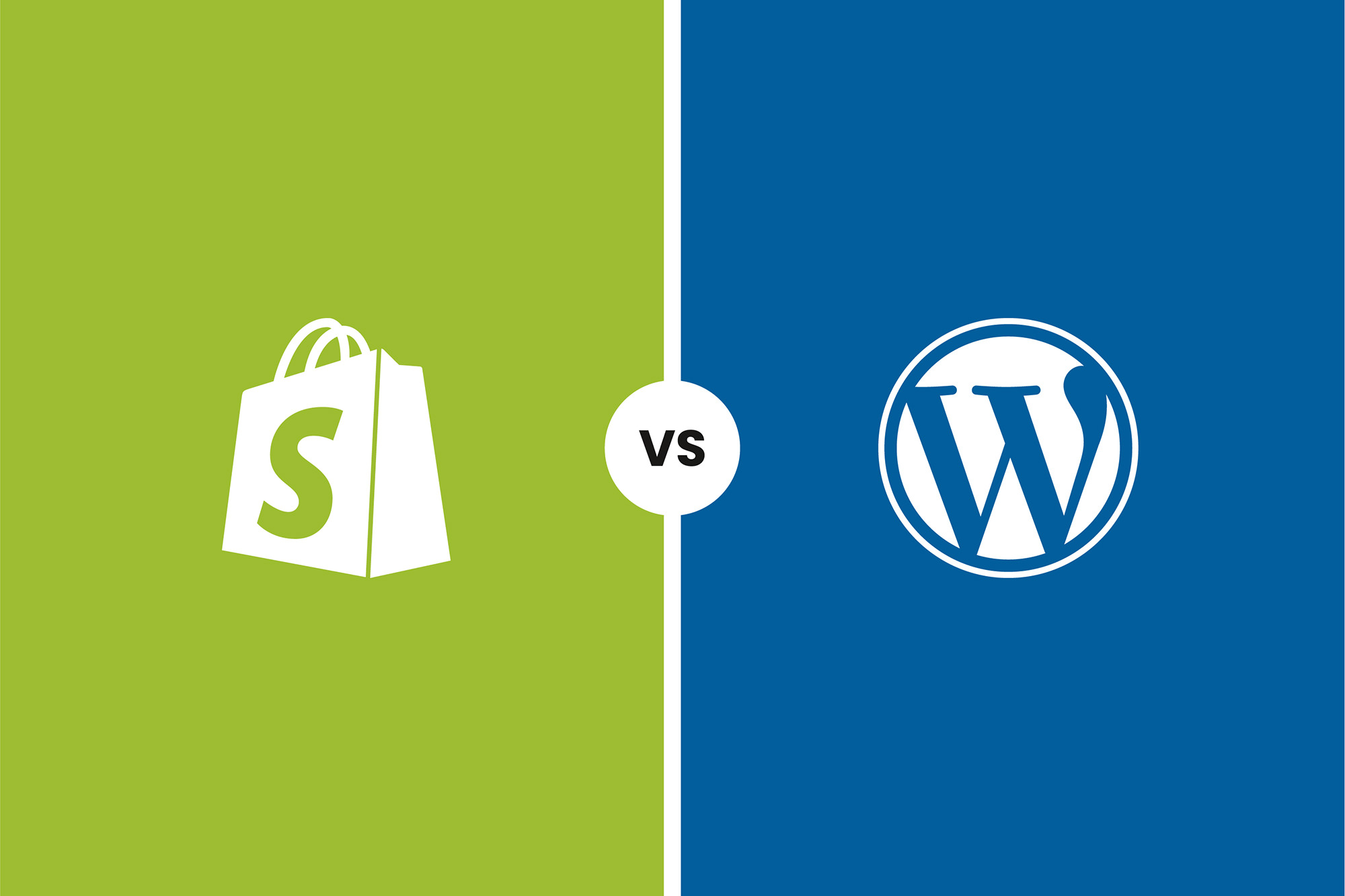Whether you’re organising events for your business or working in event management, having a dedicated website can greatly contribute to your growth and success. In this article, we will guide you through the process of creating a WordPress event website that will help you connect with your target audience, promote your events, and streamline the management process.
The basics of creating a WordPress event website
Before diving into the specifics, it’s important to establish a systematic procedure for your web development. If you’re new to web development, consider partnering with a reliable web development company that can create a professional, high-quality website for you. Once you have a plan in place, you can proceed with the following key steps:
- Choose a suitable theme and event calendar plugin: Selecting the right theme and plugin is crucial for your event website. There are various free and premium options available, so choose the ones that align with your budget and desired functionality.
- Find your perfect keywords: Conduct basic market research to identify the keywords used by other websites in your field. This will help you optimise your website’s content for search engines and attract the right audience.
- Organise your content strategy: Create a content plan that includes high-quality, unique content based on current SEO strategies. Focus on providing valuable information to your audience while ensuring that your content is optimised for search engines.
Choosing the perfect domain name
Your domain name plays a significant role in the success of your event website. It not only defines a part of your identity and value but also affects your website’s ranking on search engines. When choosing a domain name, consider the following tips:
- Make it compatible with your business: Your domain name should reflect your brand and be relevant to the events you organise.
- Keep it simple and memorable: Choose a name that is easy to remember and type. Avoid using numbers or hyphens, as they can confuse users.
- Consider SEO principles: Incorporate relevant keywords into your domain name to improve your website’s search engine ranking.
Elements of a successful event listing website
To stand out in the competitive event industry, your event listing website should have certain crucial elements. These elements will enhance the user experience and make your website more appealing to potential attendees. Here are some key features to consider:
- An event calendar: Display a visually appealing and user-friendly calendar that showcases upcoming events.
- Registration management system: Implement an easy-to-use registration system that allows attendees to sign up for events.
- Ticket booking system: Provide a seamless ticket booking experience with a secure and efficient payment gateway.
- Attendee management: Streamline the process of managing attendee information and communication.
- User-friendly dashboard: Offer a personalised dashboard for users to manage their event registrations and preferences.
- Mobile application: Consider developing a mobile app to enhance the accessibility and convenience of your event listings.
- Speaker and schedule information: Include detailed information about speakers, schedules, and session topics to attract attendees.
- Contact information: Make it easy for users to contact you for enquiries or support.
The benefits of an event listing website
Creating an event listing website goes beyond providing information about your events. It offers numerous benefits that can contribute to the success of your events business. Here are some advantages of having an event listing website:
- Easy access to event information: Your website serves as a centralised platform for users to find upcoming events and gather all the necessary details in one place.
- Increased audience reach: An online presence allows people from all over the world to discover and attend your events, expanding your audience reach.
- Cost-effective event promotion: With an event listing website, you can promote your events for free, reducing the need for expensive advertising campaigns.
- Simplified event management: Streamline the process of event booking, registration, and ticket sales for both organisers and attendees.
- Valuable attendee data: Gather important attendee information through the registration process, which can be used for future marketing and communication.
- Efficient attendee management: Manage attendee information, preferences, and updates more effectively with an event listing website.
By leveraging the advantages of an event listing website, you can create a seamless experience for both event organizers and attendees.
Introducing WP Event Manager
When it comes to creating a WordPress event website, WP Event Manager is a leading event management plugin that offers a comprehensive range of features. This plugin provides a one-stop solution for all your event management needs. Here are some exceptional features of WP Event Manager:
- Easy installation process: WP Event Manager can be installed effortlessly, even without coding skills.
- Visually attractive event listing page: The plugin offers visually appealing and functionally rich event listing pages to showcase your events effectively.
- Fully responsive designs: Your event website will look great on all devices, ensuring a seamless user experience for attendees.
- Developer-friendly: WP Event Manager provides a neat user interface and simple usage, making it easy for both developers and non-technical users to work with.
- Customisability: Tailor your event website to match your branding and design preferences with the plugin’s customizable features.
- Frontend event submission form: Allow event organisers to submit event listings directly from the frontend, eliminating the need for website owners or admins to handle submissions.
- Event listing preview facility: Offer users the ability to preview and modify their event listings before publishing them on your website.
- Admin control: Retain full control over your events website, allowing you to manage and moderate event listings effectively.
- Advanced search and filter options: Enhance user experience by enabling attendees to search and filter events based on location, keywords, and other relevant criteria.
- User-friendly event management: Enable users to add, edit, and delete events easily, empowering them to take control of their event listings.
- SEO-friendly: WP Event Manager is designed to be SEO-friendly, ensuring that your website ranks well in search engine results and increases brand visibility.
- Regular updates and support: The plugin is regularly updated with new features and security updates, ensuring a smooth and secure experience for users.
With WP Event Manager, you can create a feature-rich event listing website that meets all your event management requirements.
How to create a WordPress event website with WP Event Manager
Creating your WordPress event website with WP Event Manager is a simple and straightforward process. Follow these steps to get started:
- Install WP Event Manager: Begin by downloading and installing the WP Event Manager plugin from the WordPress plugin repository. It’s free and can be installed with just a few clicks.
- Choose your desired extensions: WP Event Manager offers a wide range of extensions that cater to various event management needs. Select the extensions that align with your requirements and purchase them.
- Install and activate the extensions: Once you’ve purchased the desired extensions, download the add-on zip files and install them on your WordPress site. Activate each add-on to unlock its features.
- Customise your event website: Take advantage of the customisation options provided by WP Event Manager to design your event listing pages, registration forms, and other elements according to your branding and design preferences.
- Add event listings: Start adding event listings to your website using the frontend event submission form or by manually inputting the details. Provide comprehensive information about each event to attract potential attendees.
- Enable advanced search and filter options: Configure the search and filter options in WP Event Manager to enhance user experience and make it easier for attendees to find events based on their preferences.
- Promote your event website: Once your event website is up and running, promote it through various channels, such as social media, email marketing, and online communities. Encourage potential attendees to visit your website and explore the exciting events you have to offer.
By following these steps, you can create a powerful and user-friendly WordPress event website using WP Event Manager.
Conclusion
Creating a successful WordPress event website is essential for organising and promoting your events effectively. With the help of WP Event Manager, you can create a feature-rich event listing website that offers a seamless experience for both event organisers and attendees. Take advantage of the exceptional features and customisation options provided by WP Event Manager to design a website that reflects your brand and meets your event management needs.
Remember, if you need assistance or have any questions about creating your WordPress event website, our team at is here to help. Get in touch with us today to explore our range of services if you’re eager to elevate your business to the next level.
Let's make a website!
Book a FREE video call to discuss your business, project strategy, and more!
"*" indicates required fields
More from Metal Potato
5 Essential WordPress Security Plugins
Boost your website's defense with top-rated WordPress security plugins. Ensure ultimate protection against cyber threats today!
The Power of a WordPress Support Retainer
Elevate your site's performance with a WordPress support retainer – expert maintenance, and guidance for success!
How to Launch a Podcast on WordPress
Launch your podcast on WordPress: from equipment selection to SEO optimisation, follow our guide for a successful podcast journey.
10 Compelling Reasons to Choose WordPress
Discover why WordPress is your ultimate website platform choice! Free, customisable, and supported by a thriving community.
6 Essential Tips for WordPress Website Owners
Boost WordPress site: backups, updates, style guides & more for top performance, security & user experience!
Migrate from Shopify to WooCommerce
Move from Shopify to WooCommerce effortlessly for control, flexibility & cost savings. Follow our step-by-step guide.






